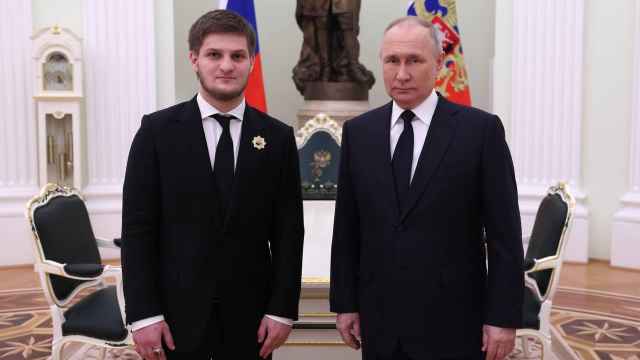
Arthur Abouzov
Associate
Baker & McKenzie
It is no surprise that outsourcing became an essential part of business a long time ago. The advantages offered by outsourcing are indisputable. The Russian market is no exception; outsourcing is becoming more and more popular in resolving various business tasks.
Unfortunately, Russian legislation does not envisage outsourcing and regulate it properly, so the business world is using outsourcing mostly based on a common understanding of what outsourcing is within the business community. Many lawyers have already paid a lot of attention to the risks that a company may face in using outsourcing schemes, i.e. outsourcing being classed as employment, labor-safety risks, tax authorities claiming that outsourcing schemes are not economic value-added expenses and that the aim of such a scheme is to avoid paying taxes or to transfer to the simplified tax system, etc. But there is one other important issue that needs to be discussed.
It is common for any company to try to protect its commercial secrets and confidential information from its competitors. In today's world, where information and information technologies have significant value, effective legal tools are vital for information holders to be able to protect these assets and combat unfair encroachment on them.
There are, however, numerous examples of unfair competition all over the world, and many of them involve business relations between companies where one was outsourced by another.
Outsourcing is the transfer of certain business tasks to specialized companies that possess experience, knowledge and professional skills in a specific field. Sometimes these tasks can be of great value, i.e. IT-outsourcing, etc. When we execute an outsourcing contract we usually envisage a number of provisions regulating protection of our commercial secrets. In many jurisdictions this would be sufficient for protection. But when companies are confronted with this in Russia they may be astounded to learn that, even despite the evident illegality of a competitor's actions, they are extremely restricted in protecting their business judicially.
When business tasks are outsourced the services are legally rendered by a company, but in reality everything is done by humans. It is expected that these people represent the company, and their employer is liable for any damage caused by them when they are at work.
Some lawyers say that it is possible to execute a confidentiality agreement with the employees of the outsourced company, but this measure is likely to present you with additional risks of turning outsourcing into employment, rather than protecting your commercial secrets. This option is thus not recommended.
Formally under Russian law an employee is required not to disclose commercial secret information of the employer or its business partners or, without their permission, to use this information for personal ends and, on termination or cancellation of the employment contract, is required to hand over to the employer all media containing trade secrets.
But in reality Russian law does not contain any effective instrument to make a company liable for disclosure of a client's commercial secret information committed by an employee. Thus, having reviewed Russian court practice, we see that one of the main difficulties is to show the cause-and-effect relationship between disclosure of information and losses to business. In Russia, in a court dispute the affected party must prove that illegal actions took place, otherwise the claim will be dismissed. But very few companies have succeeded in doing this, as Russian courts take a very conservative approach to the protection of confidential information.
In addition, throughout the whole period of the court proceedings the company will have no legal opportunity to stop the disclosure, as under Russian law this is possible only under a court decision.
Take, as a counter example, English law, which allows restrictive covenants. These are contractual noncompete or other obligations designed to protect a company's business. If the restrictive covenants are breached, the company can go to court for prohibitive interim measures in order to preclude a drawn-out or potential violation, after which a claim is filed for recovery of losses in cash, sometimes reaching huge sums. Russian law, however, does not allow restrictive covenants.
Summing up the above, current Russian legislation is very poor at protecting commercial secrets in an outsourcing scenario. The only thing that will stop a contractor from disclosing confidential information is earning a bad reputation on the market, but this is not an obstacle for many companies acting unfairly.
A Message from The Moscow Times:
Dear readers,
We are facing unprecedented challenges. Russia's Prosecutor General's Office has designated The Moscow Times as an "undesirable" organization, criminalizing our work and putting our staff at risk of prosecution. This follows our earlier unjust labeling as a "foreign agent."
These actions are direct attempts to silence independent journalism in Russia. The authorities claim our work "discredits the decisions of the Russian leadership." We see things differently: we strive to provide accurate, unbiased reporting on Russia.
We, the journalists of The Moscow Times, refuse to be silenced. But to continue our work, we need your help.
Your support, no matter how small, makes a world of difference. If you can, please support us monthly starting from just $2. It's quick to set up, and every contribution makes a significant impact.
By supporting The Moscow Times, you're defending open, independent journalism in the face of repression. Thank you for standing with us.
Remind me later.





